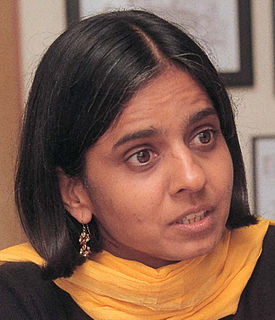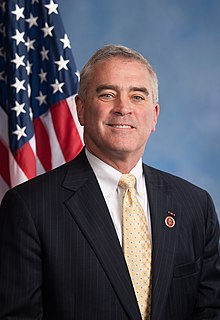A Quote by Pankaj Mishra
Just as China achieved much more than India in the realm of public health and education under an austere Communist regime, so its economic growth under a capitalist-friendly government strikes a visitor from India as nothing less than spectacular.
Related Quotes
The best way to alleviate the obesity "public health" crisis is to remove obesity from the realm of public health. It doesn't belong there. It's difficult to think of anything more private and of less public concern than what we choose to put into our bodies. It only becomes a public matter when we force the public to pay for the consequences of those choices.
The thing that makes me most optimistic is China and India - both of them doing well. It's amazing how much progress there's been in China, and also India. Those are the places that really matter - they're half of the world's population. They're the places where things are enormously better now than they were 50 years ago. And I don't see anything that's going to stop that.
India does not need to become anything else. India must become only India. This is a country that once upon a time was called 'the golden bird'. We have fallen from where we were before. But now we have the chance to rise again. If you see the details of the last five or ten centuries, you will see that India and China have grown at similar paces. Their contributions to global GDP have risen in parallel, and fallen in parallel. Today's era once again belongs to Asia. India and China are both growing rapidly, together. That is why India needs to remain India.
If Ibsen's 'Enemy of the People' were alive today, he would recognize the ethic that has informed capitalist and communist countries alike - economic growth before public health and well-being. The true enemies of the people ar those who continue to sacrifice our long-term interests for short-term gains. But perhaps we should all look in the mirror.





































